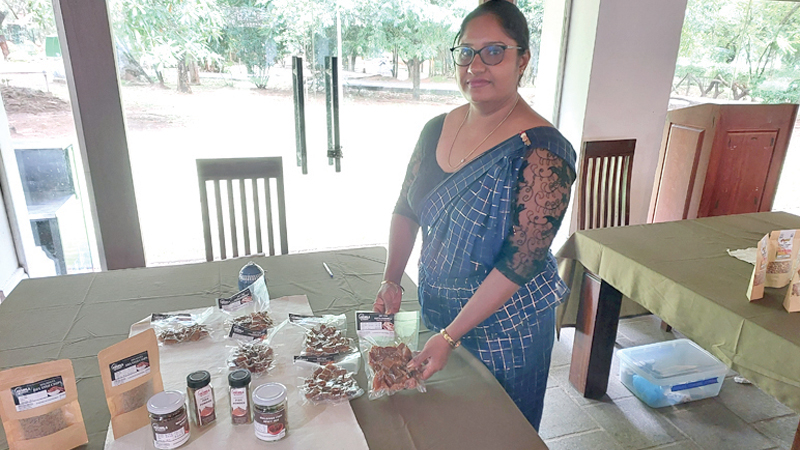Small and medium sector entrepreneurs (SMEs) which is the most vulnerable sector to internal and external shocks is again in for hard times as an upward fuel price revision has come at a daunting time on top of the recent 15% increase in electricity tariffs which threatens the survival of SMEs who are considered the backbone of the economy.
Unlike large scale businesses the SMEs do not have sufficient buffers to tide over stormy seas. They rely on their regular cash flows to sustain the business which mostly cater to the local market.
Relief were granted to SMEs through the Central Bank and the government initiatives such as interest concessions, fresh lending and extended rescheduling deadlines for eligible SMEes.
However, energy sector experts and chamber officials say concessions to SMEs is not a violable solution as long as the country continues to rely on costly thermal power for electricity generation without shifting to renewable energy which is based on rupee tariffs unlike the dollar denominated payment for crude oil imports.
Electricity tariffs were increased by 15% last month in line with the cost-reflective tariff formula as per a condition of the IMF in its Extended Fund Facility program with Sri Lanka.
“Reliance on costly thermal power will only make things worse continuing to add on to energy costs which burdens SMEs and the low income earners who lead a hand to mouth existence,” National Chamber of Commerce Deputy President Dr. Lakmal Fernando said.
According to a study by the ILO around 70 percent of the SMEs in the Western province have shut down operations in 2024.
“If SMEs are the backbone of the economy providing employment to around 45% of the workforce they need to be supported with sound measures,” Dr. Fernando said.
The SME sector chamber heads have urged the authorities to grant concessions to the sector which has not fully recovered from the global pandemic and the economic crisis in 2022.
“Small and medium sector businessmen are still not out of the woods since the global pandemic and the economic crisis in 2022 affected us badly. The changes to electricity and fuel prices regularly makes it worse,” said Vijitha Fernando, a dairy farmer in Chilaw.
As per the new fuel price revision announced by the Ceylon Petroleum Corporation the price of a litre of Lanka Auto Diesel has been increased by Rs.15 bringing the new price to Rs. 289 a litre. The price of a litre of kerosene, which was Rs.178 has been increased by Rs.7 bringing the revised price to Rs.185.
The price of a litre of Octane 92 petrol, which was Rs. 29 has increased by Rs. 12 bringing the new price to Rs. 305. There is no change in the prices of Lanka Super Diesel and Octane 95 petrol.
The National Transport Commission which previously said would reduce the bus fares went back on its words saying there wouldn’t be a reduction in fares owing to the recent increase in fuel prices. The Commission had earlier declared a 2.5% reduction in bus fares, set to be implemented from this month.
However, in light of the fuel price hike, the NTC stated that fare adjustments are now under review, and further decisions will be communicated in due course.
“It is always the small businessmen and the low income earner that faces the brunt of policy decisions unfavorable to them most. The SMEs have been going through hell since the Easter Sunday attacks which were a huge blow to their survival and thereafter the global pandemic and the economic crisis in 2022,” Anura Shantha, a poultry farmer in Minuwangoda said.
He said repeated issues stifling progress of the economy impacts all businesses and in particular small scale operations that are often ignored by the authorities.
“This is where policy makers must have a national program for the SME sector with the banks and financial institutes to back them with extended loan grace periods and buffers to overcome extraneous issues,” Priyantha Dias, a retailer in Pettah said.







